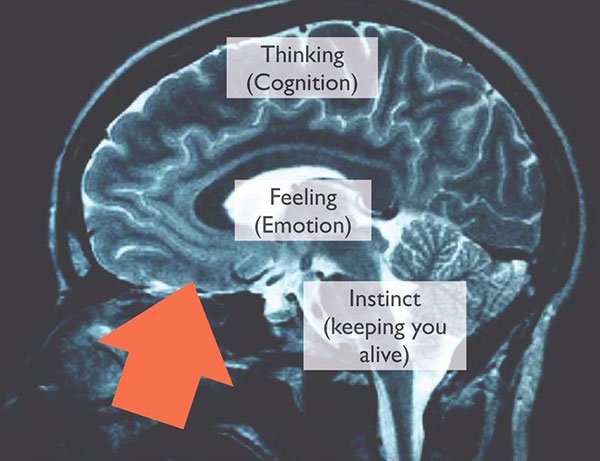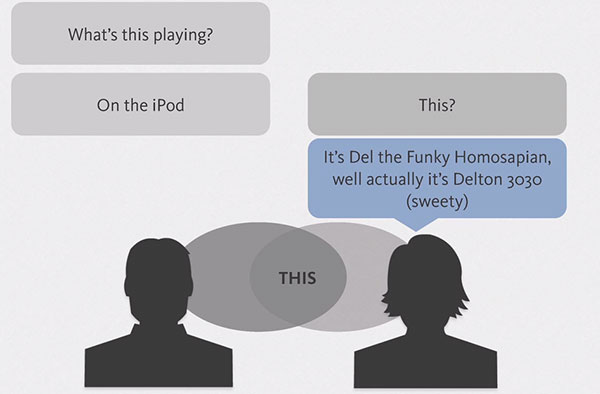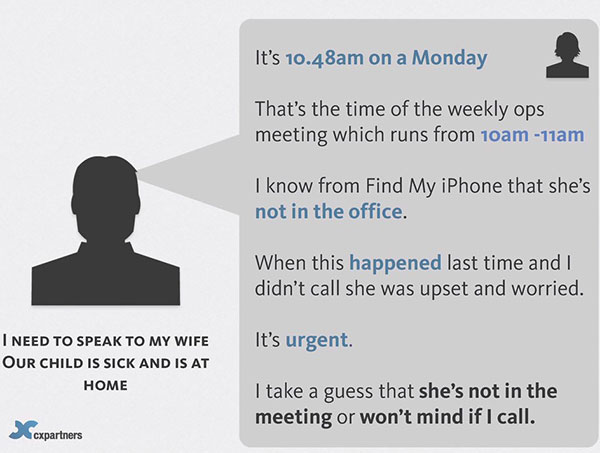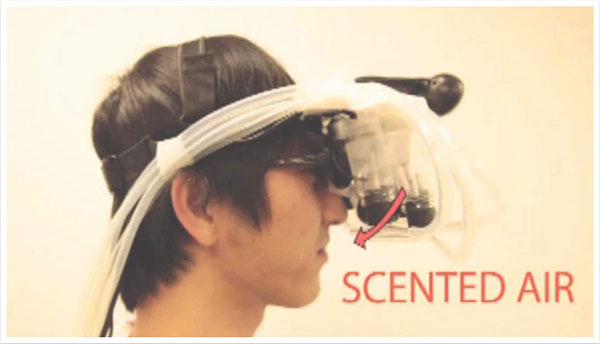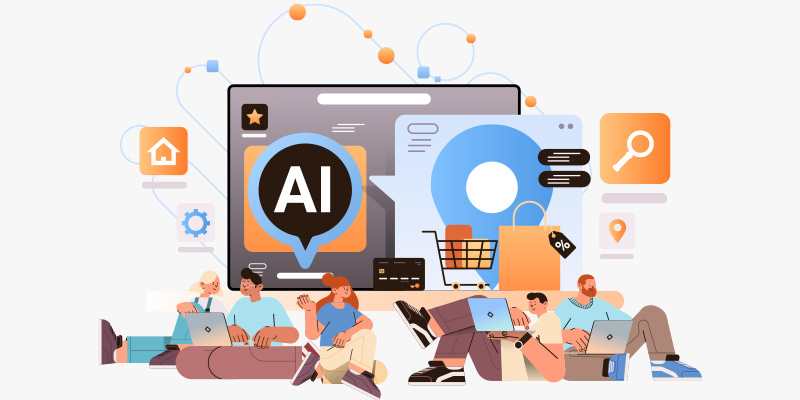3 Web Design Predictions by a Neurologist

Image Source: Bhavesh1988/iStock.com
“Computers need to know how we work, in order to work in the same way” – Joe Leech
Have you heard about Joe Leech’s prediction on designing in the future? I was all ears when I heard him talk about computers behaving like human beings (artificial intelligence anyone). I had to dig further to understand his complex concepts. Good news is, I understood it (yeah) and have simplified it for you right here.
You can see for yourself how psychology works in web designing and how designers will make websites more humanistic in the next decade.
The best communicator is one who knows when to speak and when to stay silent and also be able to decide when the fallacious should or should not be applied. However, I have to say the rules that make the ‘best communicator’ are broken when we define or use sarcasm. Sarcastic people make great communicators and so do those who are cynical, ironic, fallacious and even comedians. However, how do you map that within the road work of computer lingo?
Being human means we express ourselves in varied ways, without which, life would become boring. Are computers capable of creating this ‘human’ communication through algorithms?
Web Design Conversations for Losers
Joe Leech is a neurologist, who says that web designs lack the interactivity of human emotional elements, like expressive words. Humans are capable of addressing a situation in thousand different ways and because humans have millions of connections in their brain a constant effort is made to understand and implement the linkages and patterns.
Computers lack that inherent tendency to adapt their associations to the need of the ‘individuals.’ They use a more universal connectivity that makes a sequence that is similar for most situations.
So how can the unique pattern of human waves be implemented within the future of web designing and how will web designers create a humanistic web design?
Also Explore: Humanizing Web Designs for Small Businesses
This is what Joe Leech has to say:
Prediction #1: Web Design will be a conversation
There will be three or more synchronous interactions with computers. Short, sharp and synchronous interfaces, that react in exactly the same way humans understand and converse.
The human brain puts together all the questions and constantly tries to connect the dots and build linkages. For instance, if we don’t understand something, we ask a question. We ask for further clarification in order to understand what the other person is saying. However, computers fail to do that.
The problem with designs today is that we are not designing for humans … we are not designing for conversations. Designs need to be alive and talk to people, build conversations and discuss the required stuff. However, you would see that it has started developing and designers are beginning to understand it.
So the future is bright for designers who can create designs that tell a story, and then go beyond to create a conversation.
Prediction #2: Web design will be a mental model of relevance
Two or more elements of context are needed to define relevance in a mental model
A computer doesn’t deal with special, different and unusual actions that arouse interest rather, it builds associations. Something like algebra. If a+b=c then c-b=a. However, some loops can become false and this creates frustration on part of the user.
Programming provides us with varied contexts but they become useless if not relevant to a particular scenario, whereas, humans are really good at understanding and predicting relevance in situations. Joe Leech predicts that in the next 5 to 10 years computers will have some form of artificial intelligence and if designers can integrate design changes as per user on the page…well let’s just say the rest will be history. See the picture below:
Prediction #3: Designing with Olfaction
We will design smell based interactions
Yes! His third prediction is that we all will be wearing this huge machine on our heads, which would be able to recognize scent. It will allow us to smell what is going on and we would be able to control scent through user interface.
“Smell is incredibly strong, it can effect emotion more than anything else. The smell of coffee is very evocative. The smell can instantly bring back memories of your childhood.”
This may seem highly unlikely but in an age where 3D printers are very much real, Joe Leech believes that we will in a few years be able to use imagery to evoke smell and it will be really very powerful.
The bottom line is that if you want to predict something about future of web design you need to understand your brain. Joe Leech says the brain controls our deepest emotions and instincts and by harnessing the power of the brain we create a completely new ballgame.
Take it a step further and the socially shared model suggests that it is not only about sharing my ideas with you, the real impact comes when you share your ideas with me.
